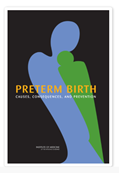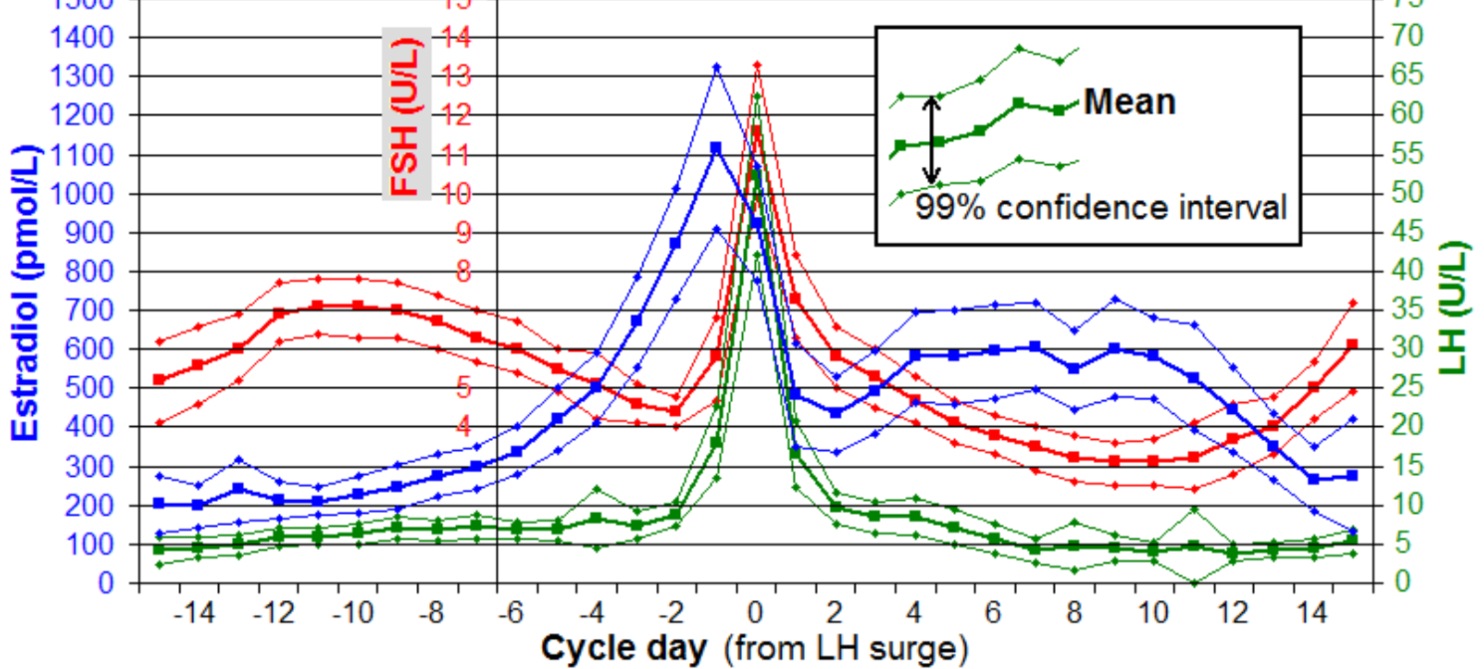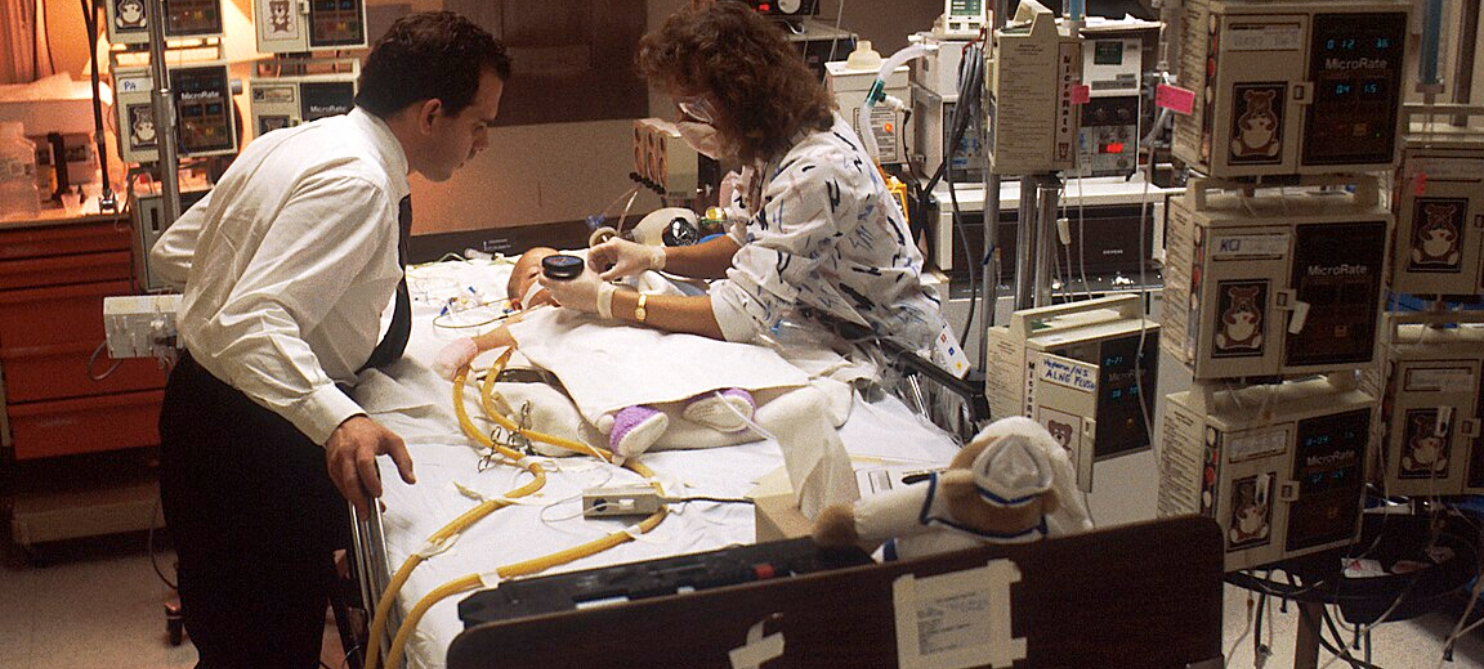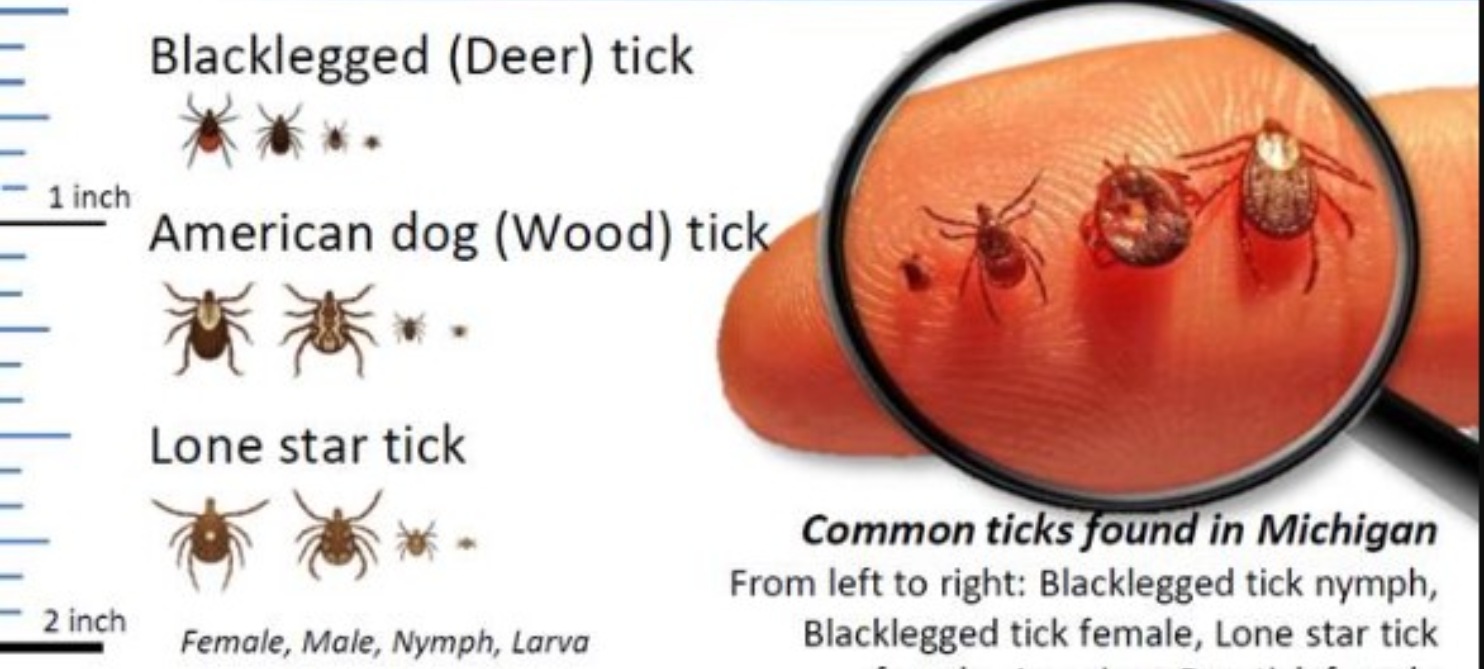In the wake the recent commemoration of National Infertility Awareness Week (April 18-24th, 2021), I was introduced to the film documentary, Hush (2017), which is a deep dive into the controversies surrounding the possible links between induced abortion and future health risks, including infertility.
In the documentary, a strong argument is made that a woman’s reproductive history may affect her risks of developing breast cancer in the future. The viewer is led through the quest for the truth about the link between induced abortion and breast cancer. The author and director, Punam Kumar Gill, eventually discovers that she, too, is at increased because of a pre-term birth (before 32 weeks). A pre-term birth can as much as double a woman’s risk of breast cancer. In her realization, she cries, “Tell me the bloody truth!” Much to her astonishment, she had never been told about this until she learned it in the midst of making the documentary. [i] Several physicians acknowledge the rise in cases of aggressive breast cancers particularly in younger women, ages women 25 – 39.
Problems for future fertility after induced abortion
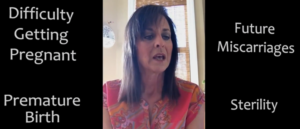
Infertility
Kumer Gill also highlights the other issues involve in the silence about abortion-related health risks, such as: the “missing women” around the globe; the “gendercide” of sex selection abortions; physical harm to the body; and mental health side effects.

Mental Health Effects
The risk for increased preterm births which leads to increased infant mortality rates is illustrated in the following statistics from the film:
- In the United States, ½ million babies are born preterm
- 1 in 6 births in the United States is born preterm
- Many babies born preterm will not live to see their first birthday
- African American women have double the risk for pre-term births
- Freda Bush, president of the Medical Institute for Sexual Health, notes that in Mississippi, African Americans comprise 37% of the population and obtain 78% of the abortions. She also notes that the prematurity rate and infant mortality rate is the highest in the country, and “that is not a coincidence.” [ii]
- An Institutes of Medicine (IOM) Report Preterm Birth: Causes, Consequences and Prevention (2007) lists prior first trimester induced abortion” as an “immutable medical risk” factor for preterm birth.[iii]
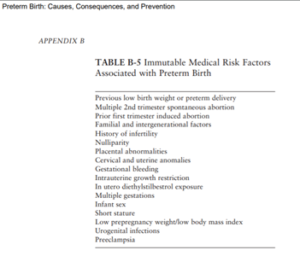
From the IOM report: Immutable Risk Factors for Preterm Birth includes “prior first trimester induced abortion.”
Kumar Gill states at the end of the film that she still considers herself to be “pro-choice.” But her quest for the truth regarding the possible health related consequences to women and the attempts to silence any discussion of these findings is deeply concerning. Kumar Gill not only convincingly raises the concerns about induced abortion and effects on women’s breast health and future fertility, but she shares the stories of women harmed by abortion, calling for support and love.
The film Hush is provocative, but it is neither “pro-life” nor “pro-choice.” Its agenda is raising these issues of women’s health for all women and those who care about them. It is a cinematic cry for the truth so that this information can be disseminated to all women and not held captive by political or financial agendas. The film is well worth watching and sharing with women to help educate them on the risks of induced abortion.
Watch Hush (2017) on YouTube:
Other resources highlighted in the film:
See the IOM report on Preterm Birth
[i] Kumar Gill, Punam. Hush (2017) | Full Movie | Dr. David Grimes | Dr. Joel Brind | Dr. Pierre Band. Visionvideocom. YouTube, 2020. https://www.youtube.com/watch?v=GjZrcT1V-Qw.
Written and directed by Punam Kumar Gill, Award-Winning Documentary Filmmaker
[ii] Ibid.
[iii] Institute of Medicine; Board on Health Sciences Policy; Committee on Understanding Premature Birth and Assuring Healthy Outcomes; Richard E. Behrman and Adrienne Stith Butler. “Preterm Birth: Causes, Consequences, and Prevention.” Causes, Consequences, and Prevention | The National Academies Press, July 13, 2006. https://www.nap.edu/catalog/11622/preterm-birth-causes-consequences-and-prevention.
Posted for National Infertility Awareness Week (April 18-24th, 2021)
April 30, 2021

